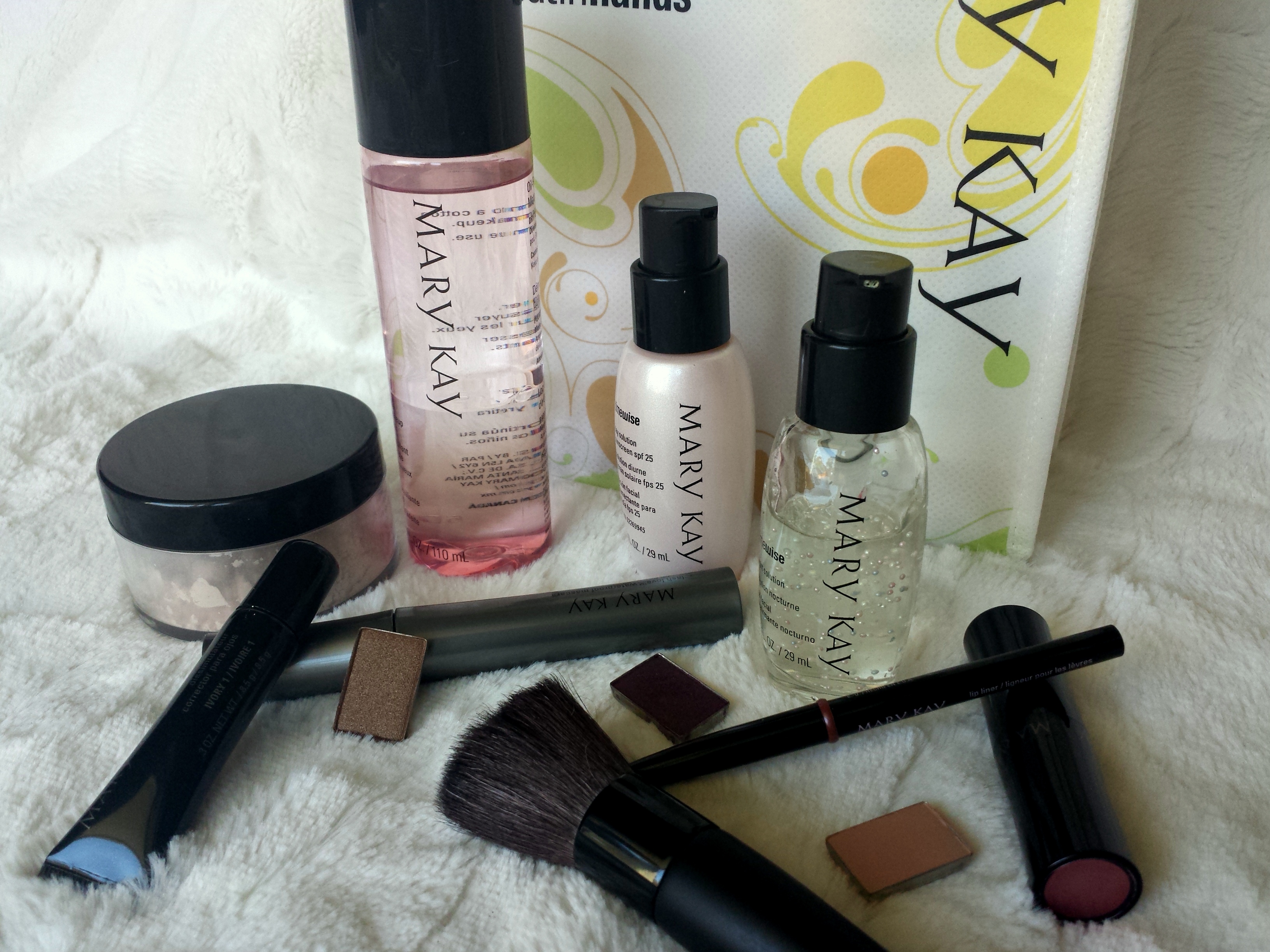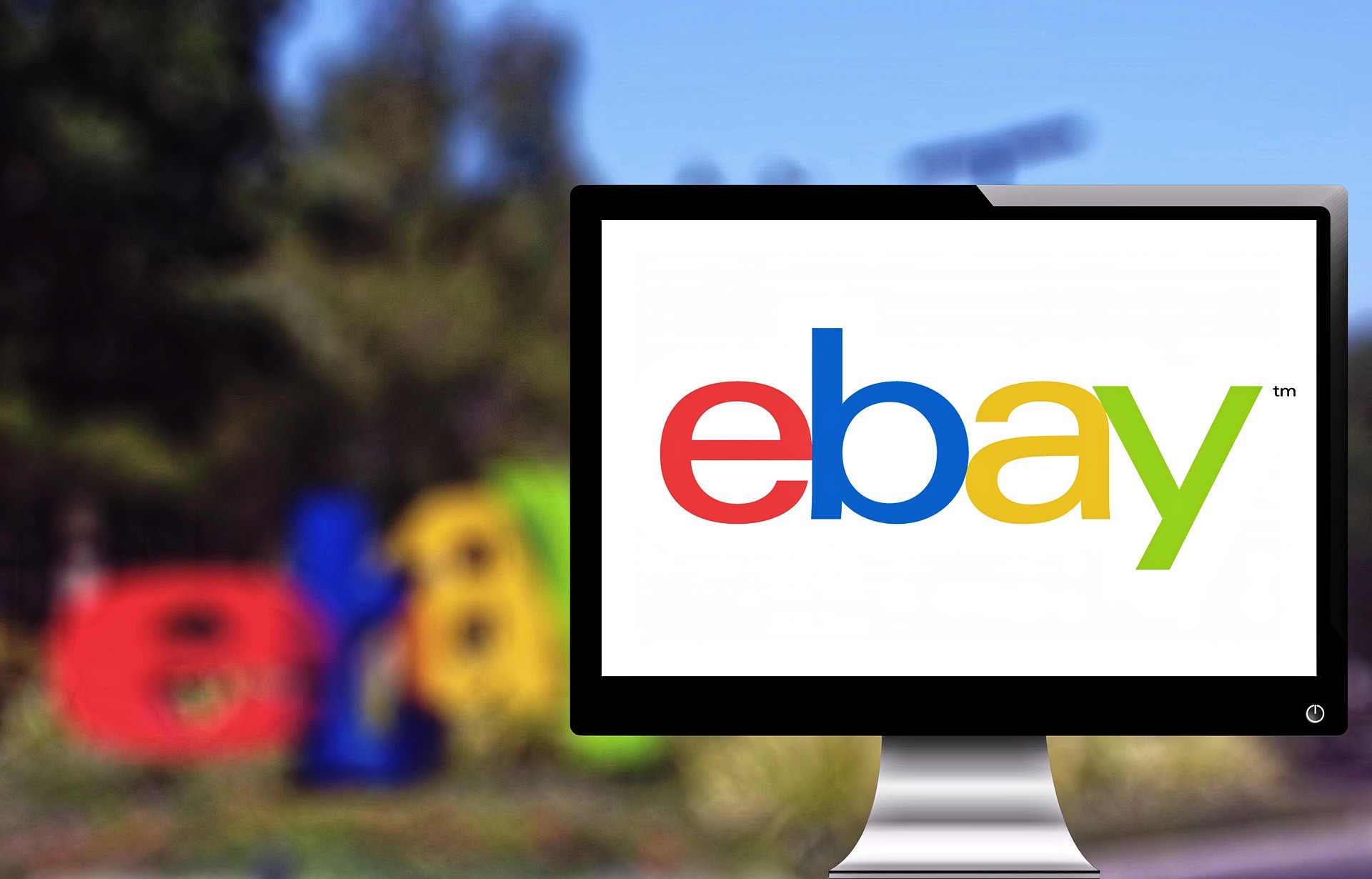Lip Gloss, GameStop, and Shorting the Market
February 16th, 2021 at 09:31 pm
GameStop has been in the news a lot this last month, leaving many excited, but scratching their heads. What exactly just happened? What does it mean to short a stock? Can I get in on this action? Well, let me tell you about a time when I accidentally shorted MaryKay lip gloss and how it is related as well as a bonus strategy for SAFELY shorting the market.
What is a “Short”?
Stock market contracts can extremely intimidating. Everything is tied up in legal jargon and the word "risk" is plastered all over any honest explanation. I don't recommend anyone's first stock market transaction being anything other than a stock or mutual fund.
Put in simple terms when you short a stock, you borrow a stock from your brokerage with the promise to return the stock on, or before, a specific date. You immediately sell the borrowed stock and pray the stock drops in the meantime. When the stock is low, or when your contract is about to expire, or any other time you wish, you buy the stock back and return it to the brokerage, closing out your position. You get to pocket the difference between the amount you sold it for and the amount you bought it back at, minus contract fees.
Despite all my "doom and gloom" predictions, I never have shorted any stock or fund. One reason is that inflation might raise the dollar price of a stock despite the actual value decreasing. A bigger reason is timing. When choosing stocks you can hold your position for as long as you want and wait for the profits to emerge. When you short, you're on a tight time frame. I don't know enough to call that type of timing.
The final reason is that I'm just not ready for that kind of commitment. When buying stocks, you can only lose the money you put in. With shorts, you can lose an infinite amount of money, kind of. More on that later.
Let’s check out an example to help clarify:
My first, and thus far only, time "Shorting" the Market

I used to sell Mary Kay in college. It was as bad idea. I made a spur of the moment decision based on the fact that I could sell my unused inventory back if I decided to quit within the first year. I planned to get what money I could then quit with only profit and no loss.
Time went on and I was up against the 1 year mark. I was a lousy sales woman and was extremely busy with Differential Equations homework (YUCK). It was time to quit. I made many calls to my unit director requesting information on how to send my inventory back, but she never answered. The calendar rolled past the date leaving me stuck with hundreds of dollars’ worth of stuff. Most things I would never be able to sell at a profit. I sold what I could deeply discounted to friends, then started listing on Ebay.
One listing I made was for "Sweet Raisin Nurishine Lip Gloss". I had slow internet and a computer glitch which made me believe the listing didn't go through. I listed it again and unknowingly ended up with two listings. One sold, and I sent it off. The second one sold and I realized my mistake. I had a contract to send someone sweet raisin lip gloss, something that I no longer owned.
It turns out there are a lot of Mary Kay ladies out there in the same boat selling on the Ebay market. At the time, there was a decent volume of sweet raisin lip glosses selling. I simply bought someone else's listing that met my specifications and entered in my buyer's name and address. I’m almost certain it is against Ebay's Policy to flip product like this, but so is not delivering the promised product. I was in a bind.
Timing and Pricing
I was lucky. By the time I realized that I had made the mistake and was told that none of the other colors that I did have would suffice, there were new listings selling at even lower prices. In the end, I earned $0.52 on the transaction (buyer paid $6.5 - $5 purchase from other seller - $0.98 fees = $0.52).
Had instead the price jumped, I would have lost money. What if a popular singer had declared Sweet Raisin Nurishine Lip Gloss the ONLY thing she would ever put on her lips? Or another company announced a contract to buy enough Mary Kay lip glosses to put them on back-order for years? The price could have jumped indefinitely.
Shorting the Stock Market works almost exactly the same way:
Lets say you think a company is overvalued and will see a decline in the next week. You could place a short order with your broker for a number of the company's shares (typically 100). The Broker will give you the 100 shares, which immediately get sold at the current market price. Part or all of that money is held by the broker/lender as collateral against your loan (margin account). You have until a set date (anywhere between a few days to months as agreed) to return the company shares. At this point several things could happen:
- You could wait until the price drops to a level you are happy with, have your broker buy themselves the 100 shares with your margin account, then you pocket any extra after fees. You can set this up to happen automatically with a trailing stop (percentage based) or a limit order ($ value based) so you can buy at or below your threshold even if it is only at that price for a split second.
- You could get scared as the price trends upward and try to cut your losses by buying early (also may be done with limit orders or trailing stops). Again, you'd have the broker buy themselves the 100 shares with your money and any extra you have to put in, pay them their fees, and accept your loss.
- If the price goes up significantly, your broker may automatically buy the shares back to minimize their potential losses in case you can’t afford to buy the 100 shares at the new price (margin call, more on this later).
- You could also wait all the way until the contract expires, and have them do the same thing. If the price went down enough to cover your fees, you'll make a profit, if it went up, you'll lose money.
In my lip gloss scenario, I had a contract that ended as soon as I realized it existed, so I was forced to buy at the current market price. Had my item been listed as ships within 1-30 days, I could have waited until I found an even lower listing on Ebay at the risk of losing the low prices already on the market.
The good news is you'd never accidentally short the stock market like I did with lip gloss!
Short “Squeezes”
GameStop’s recent behavior is a classic case of what they call a Short Squeeze.

Imagine that a large group of MaryKay ladies in the know could see a huge demand drop of Sweet Raisin Nurishine Lip Gloss as the product was no longer going to be in future catalogs. MaryKay ladies everywhere will be forced to sell their Sweet Raisins well below the MSRP and may become desperate enough to sell on Ebay.
That group of MaryKay ladies may start selling contracts to deliver Sweet Raisin Lip Gloss that they don’t currently own, knowing the market is about to be flooded with product.
Imagine also, that there’s a group of Ebay users that are tired of the tricks of these clever MaryKay ladies. They see what is happening and they start buying up all the Sweet Raisin Lip Gloss they can, causing the price to actually go up.
The Pink Cadillac top sellers, aren’t too worried at first. They have plenty of days before their contracts expire. This little price spike is something they can wait out. They figure there is no way these small players can keep the price inflated for long. Sooner or later, they will start selling.
Imagine now that the people who bought the contracts from the MaryKay ladies also had control of their PayPal accounts (the brokerage firms). As they see the price of Sweet Raisin Lip Gloss sky rocket they start taking precautions to ensure they actually get their order. If the price gets close to exceeding the balance in a particular PayPal account, they force the MaryKay lady to buy into the market now or to put more money into the account. This is called a Margin Call.
The MaryKay ladies who were operating under a small cushion will be forced to buy at inflated prices. As they struggle to get the product they need to deliver, they cause the price to increase further, triggering more margin calls for slightly more stable MaryKay ladies. This continues to push the price upward until nearly every single MaryKay lady is unwilling or unable to put in enough cash to wait it out. Ironically, the ones best suited to wait out the situations, stand to lose the most money.
There’s an old Wall Street saying that markets can stay irrational longer than you can stay liquid. In other words, you can lose a ton of money even while making good calls.
Now finally, like in the case of many hedge funds shorting GameStop, imagine that these MaryKay ladies “in the know”, who had this brilliant play on a product that was almost certainly losing value, wasn’t just using their own money. Imagine that they had pooled millions from pension plans that were desperate to find the yields they need to cover their promises to workers. In the end, the Ebay manipulation group, might have robbed their parents and grandparents.
Quick note: GameStop was a prime target because it showed up in a list of heavily shorted stocks (let’s face it, their current business strategy is dying out) and was traded very thinly, so tiny movements could change the prices drastically.
A safer way to short
A Put lets you buy a stock at a certain price regardless of market value. Typically, you’ll buy a contract that allows you to sell a fixed number of shares at a specific agreed "strike" price (below current market). Even if the share price drops to zero, the buyer must buy your shares at your request at the predetermined strike price so long as the contract has not expired.
In my case, I essentially had a “Put” on my original MaryKay inventory, but my one year contract expired before I learned how to use it.
For a fee, you could potentially insulate each of your holdings from things like the huge 50% drops we've seen several times since the turn of the century. As Robert Kiyosaki (Rich Dad) says, "Professional investors always buy in pairs. One position is for growth, and the other is for protection." (http://www.richdad.com/Resources/Rich-Dad-Financial-Education-Blog/June-2015/the-five-point-plan-to-be-successful-in-any-market.aspx) You should only gamble with money you can afford to lose. If your stocks are your retirement, it might be worth looking into "insuring" them with puts.
Puts, used in a traditional way, are simply insurance: something that you pay a recurring fee for and hope to never cash in.
Shorting the Market with Puts
If Puts are used on stocks you don’t own, they are a safer way to short the market. For example, if those clever MaryKay ladies had instead found a patient bulk buyer who was willing to buy up to 1,000 lip glosses at the low fixed price of $6, they could have waited for the prices to drop even lower, bought as much as they could without changing the price above $6, sell it at $6, and pocket the difference.

It’s kind of like buying fire insurance on a house you don’t own. It would be a great deal to buy a house after it has already burnt down at rock bottom prices, then turn around and collect insurance money on the original value of the home. You just have to have the foresight to buy insurance on the house with fire hazards before it happens. The worst case scenario is simply, you never cash in on the contract you paid for.
Political Side Note:
If you follow financial commentaries for entertainment (let's be friends!), you might have heard the phrase "the Powell Put". That is referring to the fact that Jerome Powell (current Federal Reserve Chairman) is unlikely to let the stock market tank. Should it be in peril, he will probably jump in with ever easier “easy money” to push the market back up and save the day. Because we have money-printing-academics in charge, we are all somewhat "insured" against a crash.
Of course, this will mostly help the gamblers and hurt the savers in high inflation, but hey who wants to reward people for responsible actions anyways?
Anyways... I hope I clarified market shorting a little better for you. Enjoy the ride!
-Milly
In case anyone cares: I lost $3.51 on the other Sweet Raisin sale (buyer paid $7.24 - $7.38 initial purchase - $1.09 fees - $2.28 shipping/ packaging = -$3.51), but that's $3.87 better than losing my whole $7.38 initial purchase!


Disclaimer: I am not a licensed or certified financial coach, planner, adviser, or anything else of the sorts. I just love figuring out money. Anything I recommend should be personally analyzed and discussed with your trusted financial adviser. I cannot be held accountable for any loss or poor performance.
